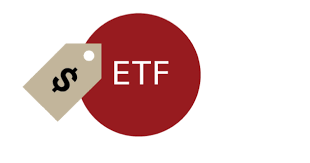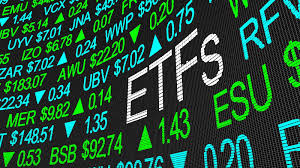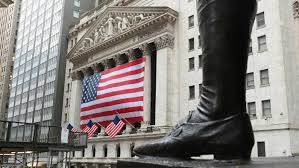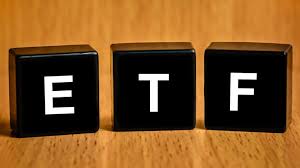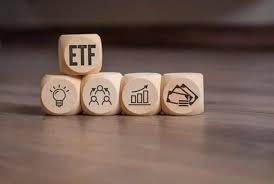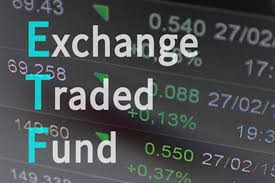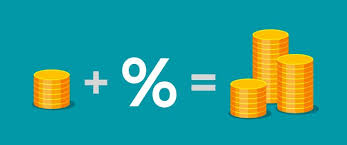How to choose the best etf investment for you (1)
If you want to learn how to invest for yourself, getting off to a good start is the best type of investment and strategy for you.
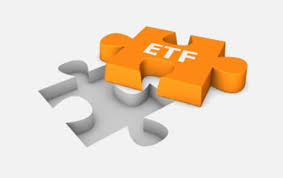
If you want to learn how to invest for yourself, getting off to a good start is the best type of investment and strategy for you. Before you become a do-it-yourself investor, there are some important questions you need to ask yourself to determine the best way to invest. So, how do you choose the best investment approach for you?
Before choosing an investment approach, consider the following questions.
Do you prefer to analyze and study data or do you prefer a "once and for all" approach? Do you like to be part of the process or do you prefer to plant seeds and observe what grows from a distance? Does it take luck or skill (or both) to outperform a major market index? Do you find yourself excited about gains but anxious about losses? Would you feel better doing it yourself or using a consultant? Here is our closer analysis.
Q1:Do it yourself or hire a consultant?
Whether you're doing it yourself or choosing an expert to provide financial advice, you'll choose an advisor. Start the decision-making process of hiring an advisor by asking some reflective questions: if a friend needed an advisor, would you recommend one? Would you like to hire you as a consultant or do you need to hire someone else? What is the value of your time compared to the monetary cost of using a consultant? Do you enjoy the process of investment research and financial planning, or are you afraid to do so and ignore your financial situation?
Q2: Passive (index funds) vs. active investing
If you are an index fund investor, you are one who does not believe in the extra time, energy and transaction costs required for an actively managed portfolio People who deserve to outperform the market for the market opportunity. You may even think that it is foolish to "beat the market" and that you can achieve higher returns with a buy-and-hold strategy. In contrast, people who take a positive attitude believe they can make tactical and well-timed moves to achieve superior returns.
Q3:Stocks or mutual funds: which is best?
Investors can buy shares of individual companies or purchase shares by purchasing stock mutual funds. But which one is best? Here are a few reasons why mutual funds are best for the average investor.
The study found that stocks purchased by individuals underperformed after they bought and outperformed after they sold. This is largely because more than 75% of traders are institutional, which means individuals face some strong competition.
Roughly two-thirds of actively managed mutual fund managers have failed to outperform over time the major S&P 500 and other stock index. If professionals can't do it, what makes a person think they can be an index? You may beat the pros, but you need to do your homework.
Q4:Mutual funds or ETFs?
It may not be a question or a problem, but rather a matter of style versus substance. Both mutual funds and ETFs achieve their diversity goals through large holdings in one security or a specific industrial sector or geographic area. ETFs, however, trade like stocks and can be bought or sold on the same day, but they also incur transaction costs. Some investors use a combination of mutual funds and ETFs, especially in the tactical asset allocation style.
Q5:Why invest in index funds?
There are many reasons why you might consider using an index fund, but some of them may include passive management, low cost, tax efficiency, low liquidity, simplicity, and more.
Q6:What is value investing?
Simply put, value investors are looking for stocks to sell at a "discount"; they are looking for a bargain. An effective means of acquiring value stocks is to purchase mutual funds that have a value objective. Instead of spending time searching for value stocks and analyzing a company's financial statements, mutual fund investors can buy index funds; the stock exchange is a good place to start. An exchange-traded fund (ETF) or an actively managed fund that holds value stocks.

